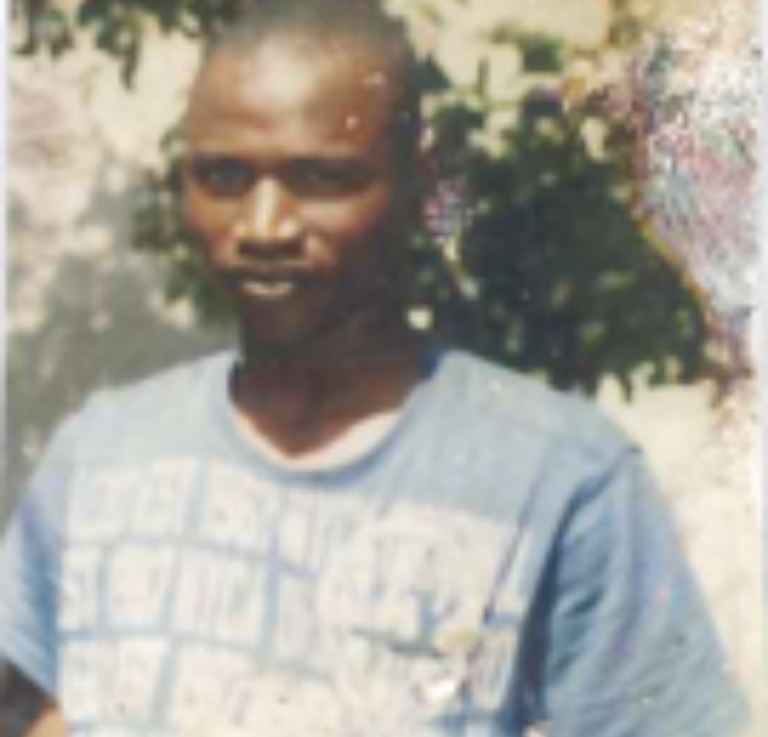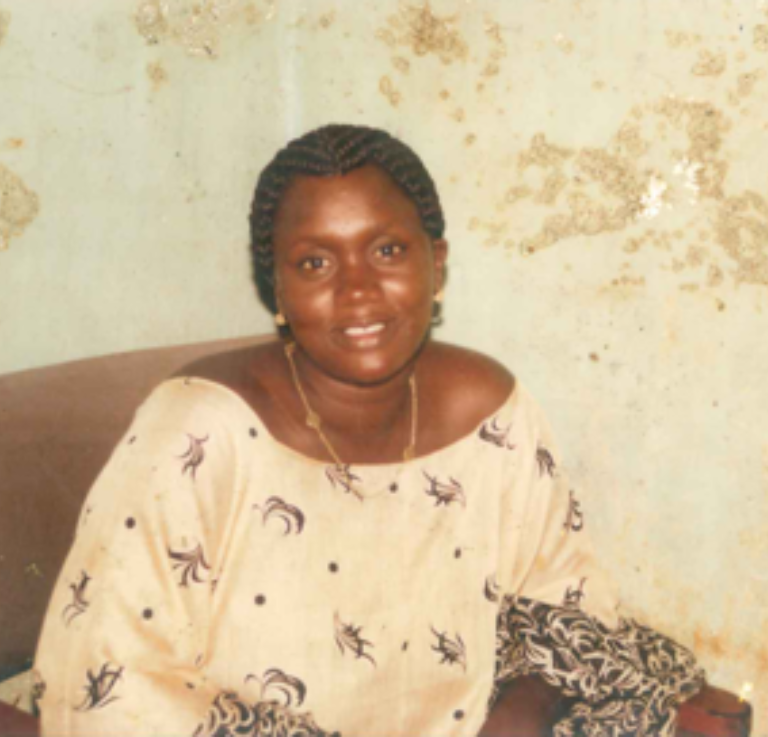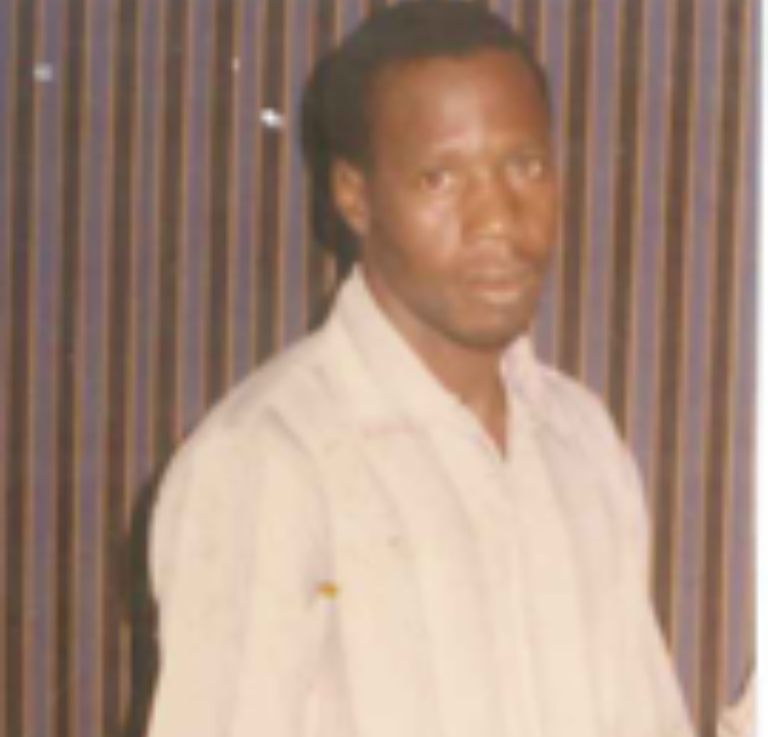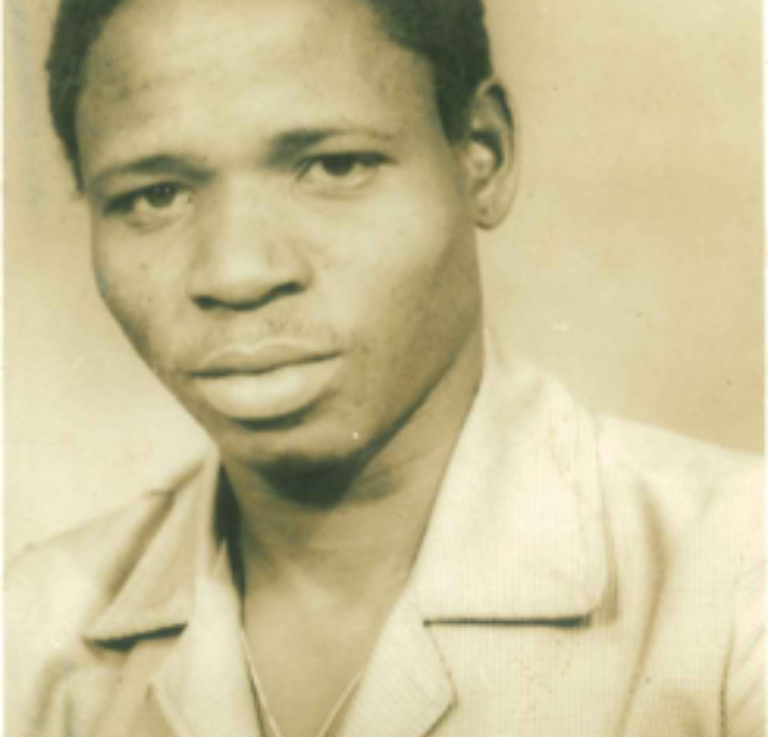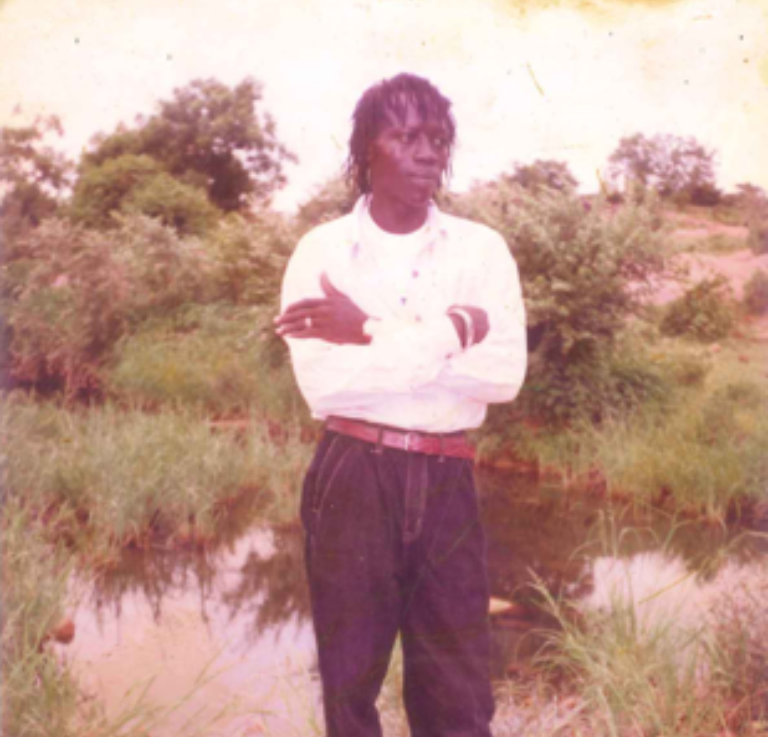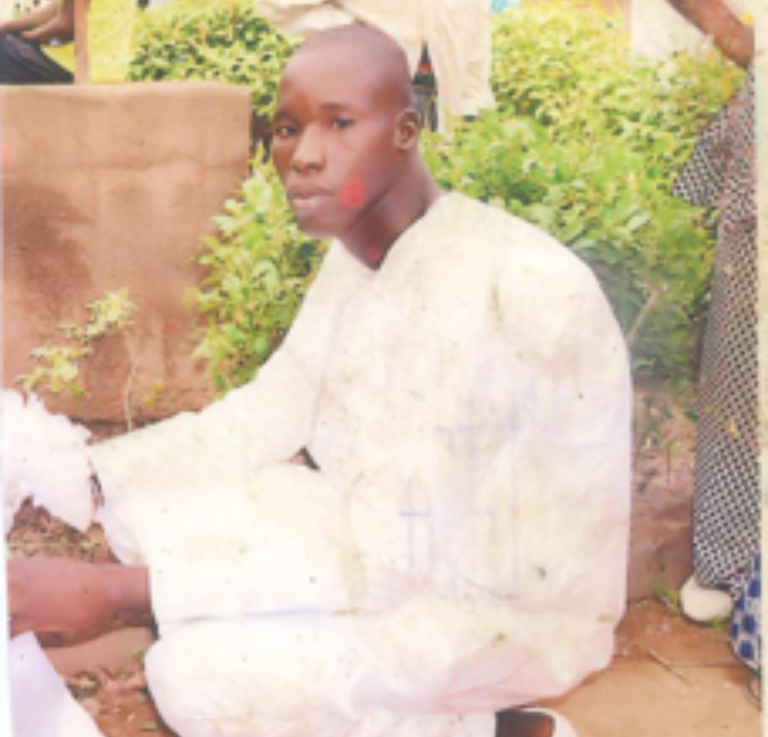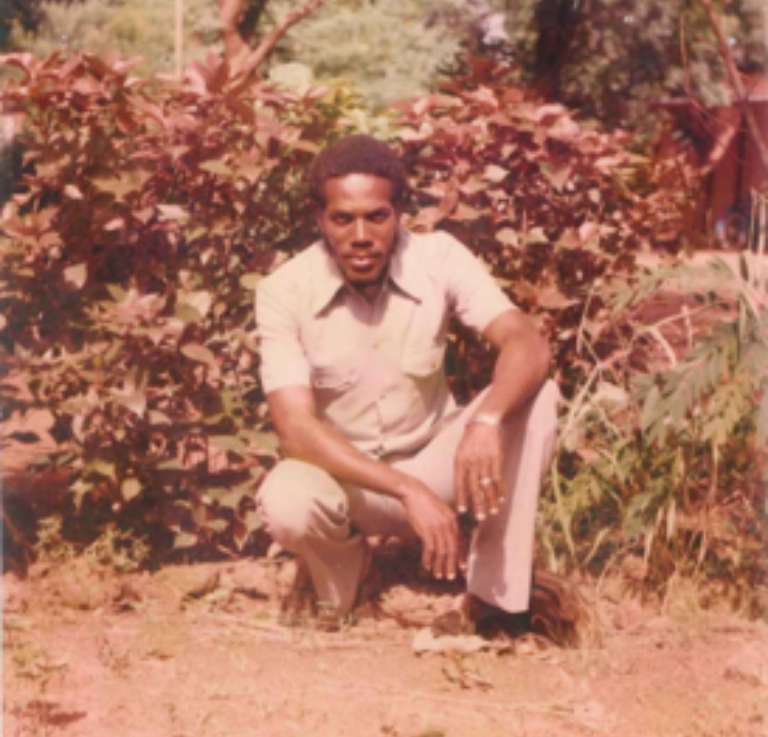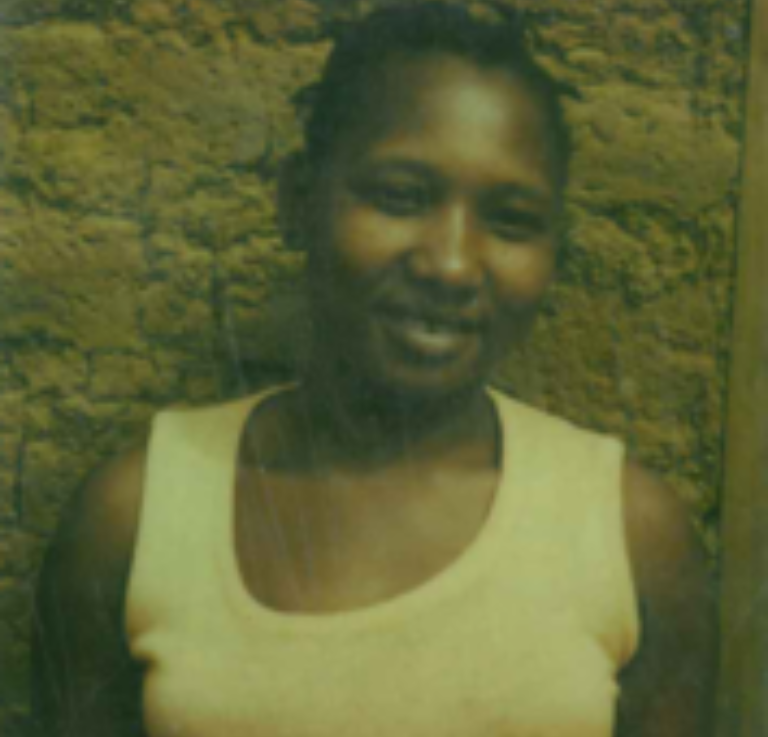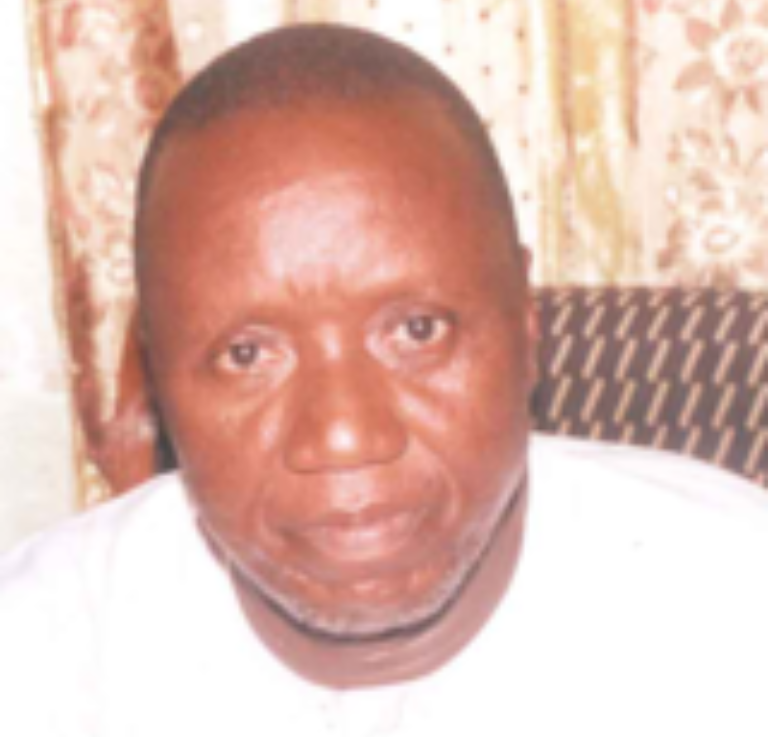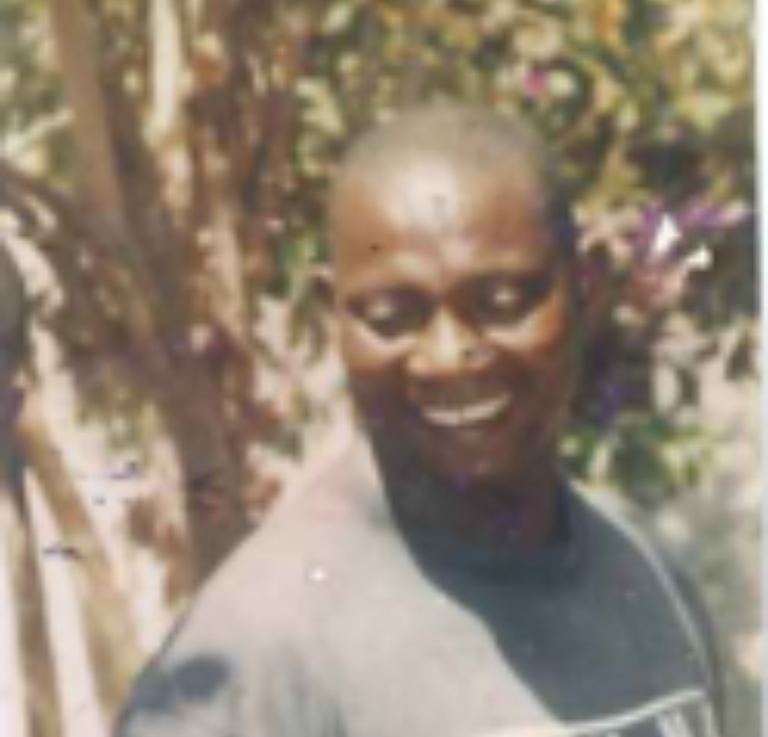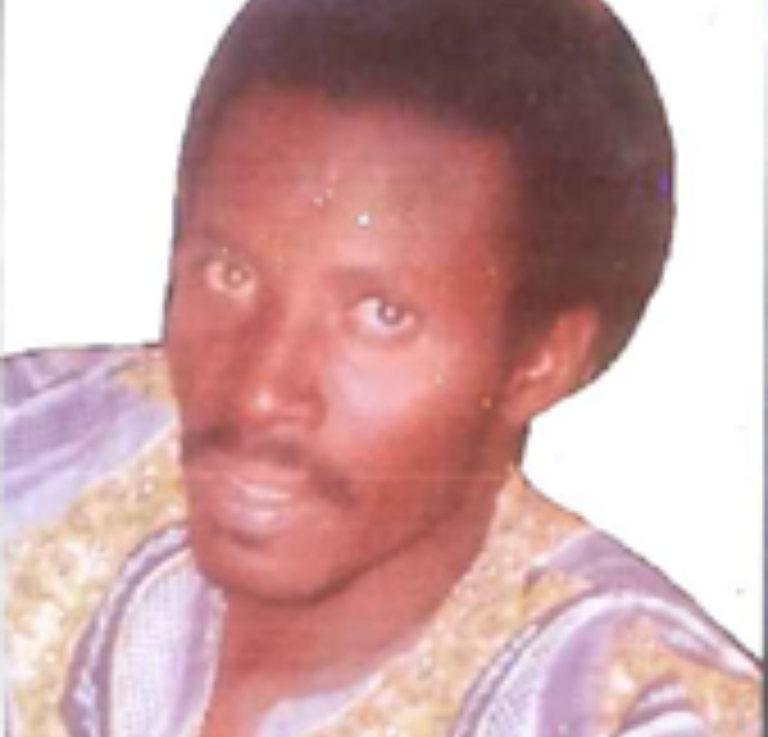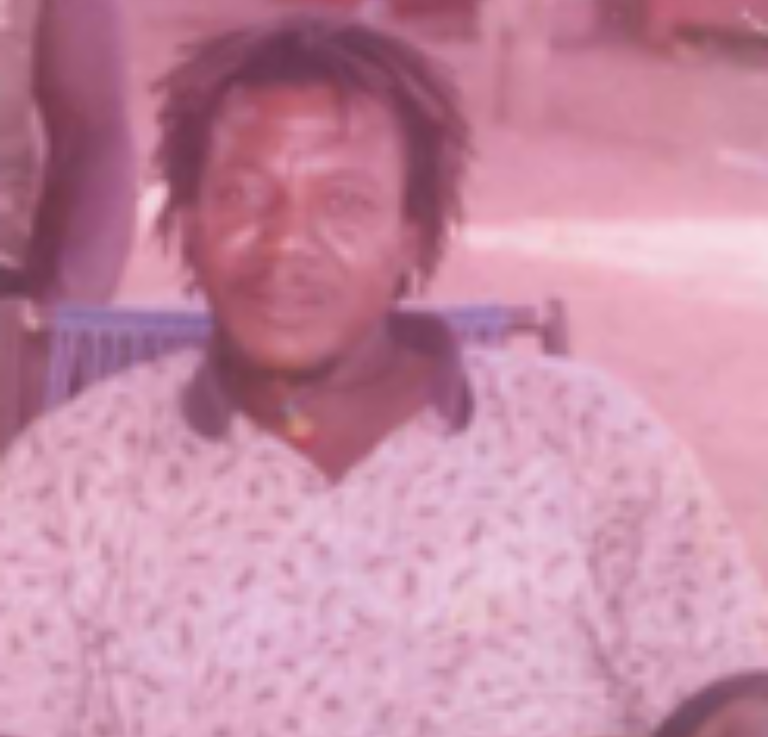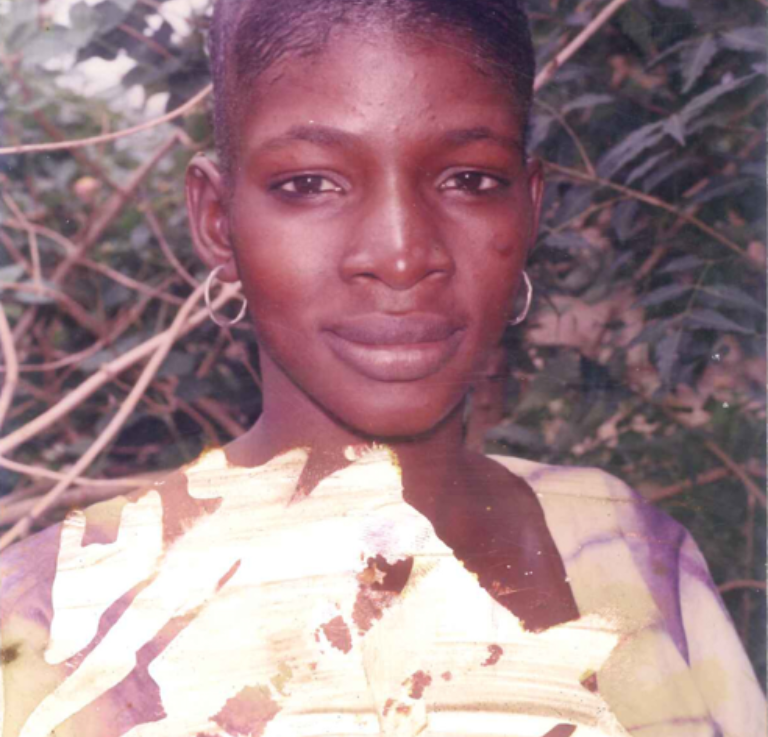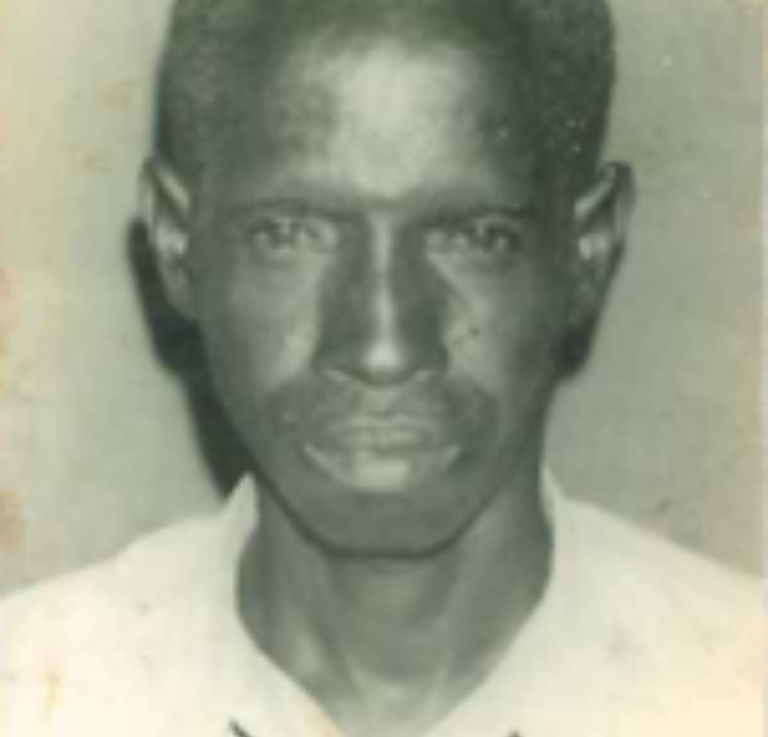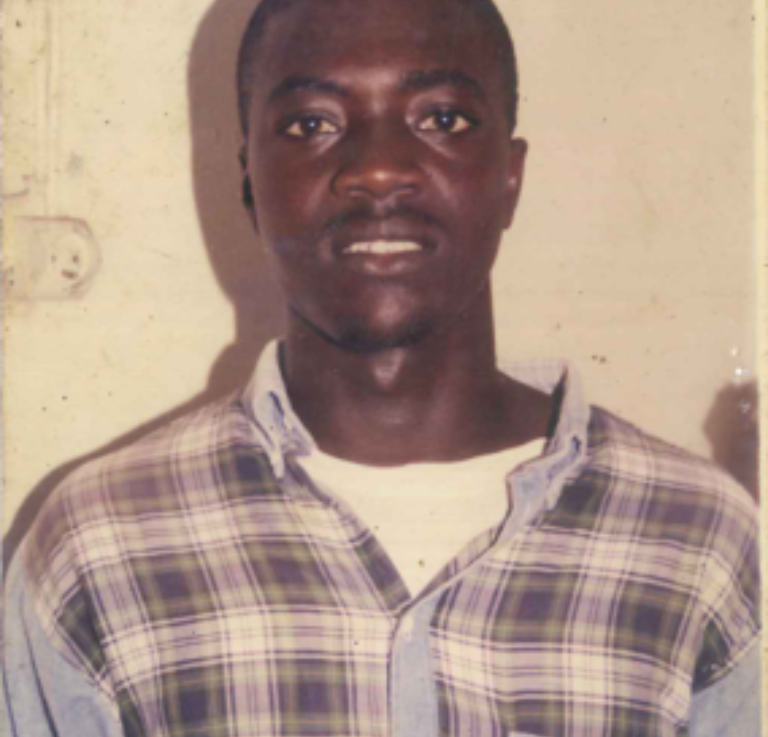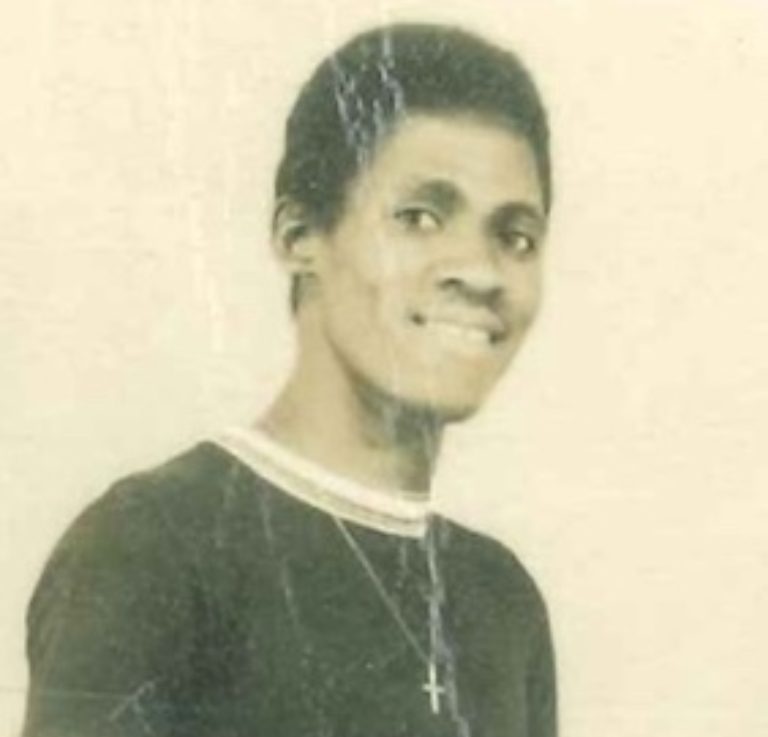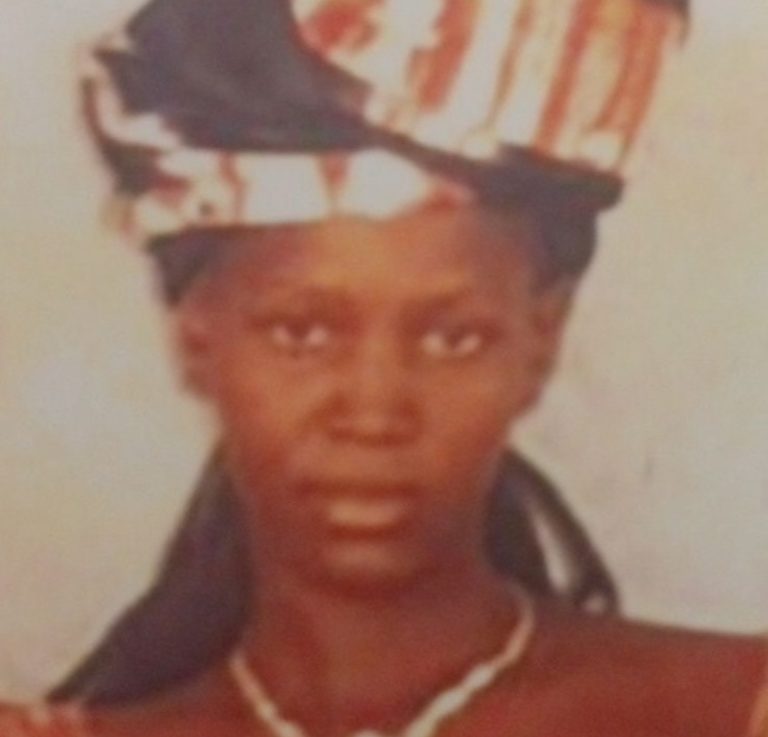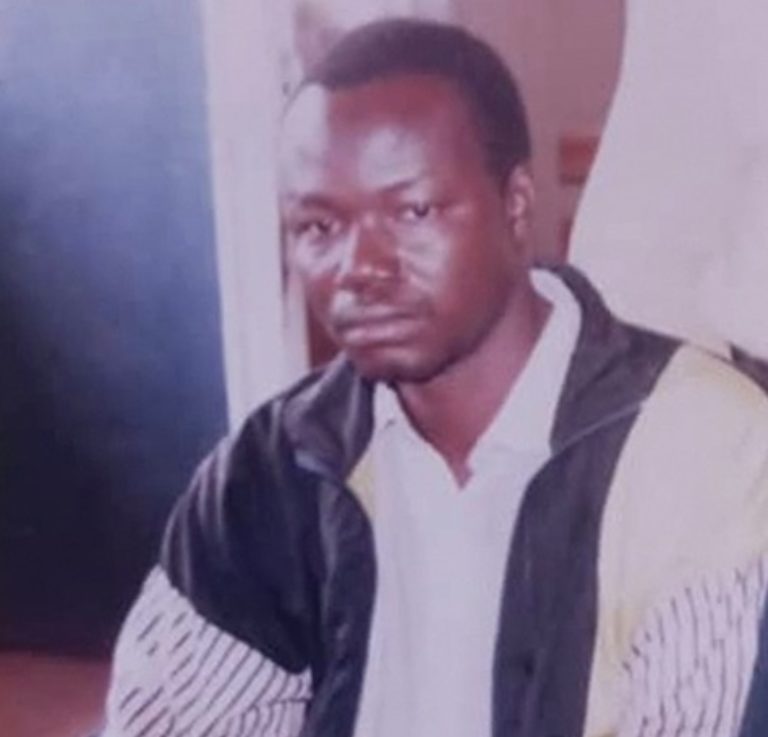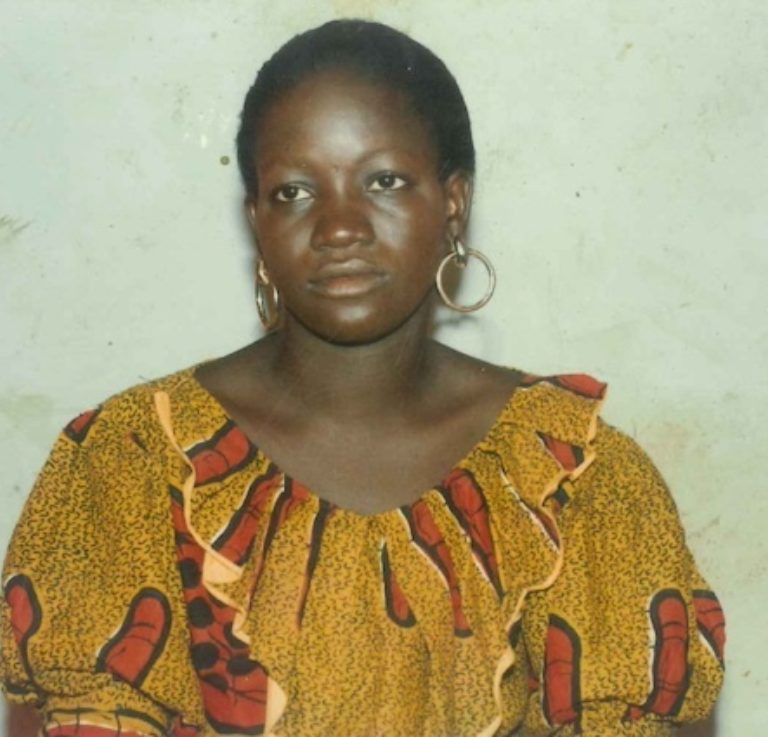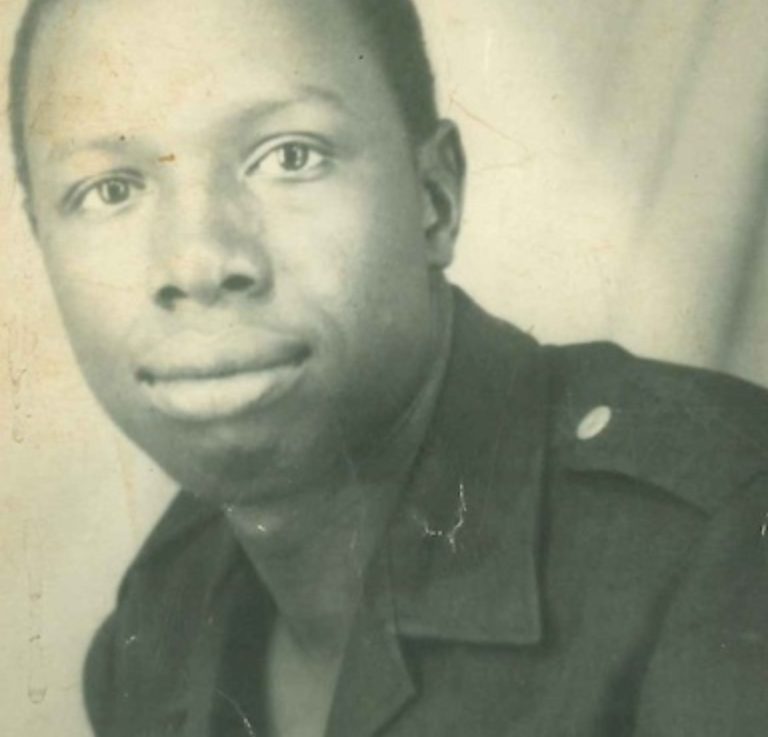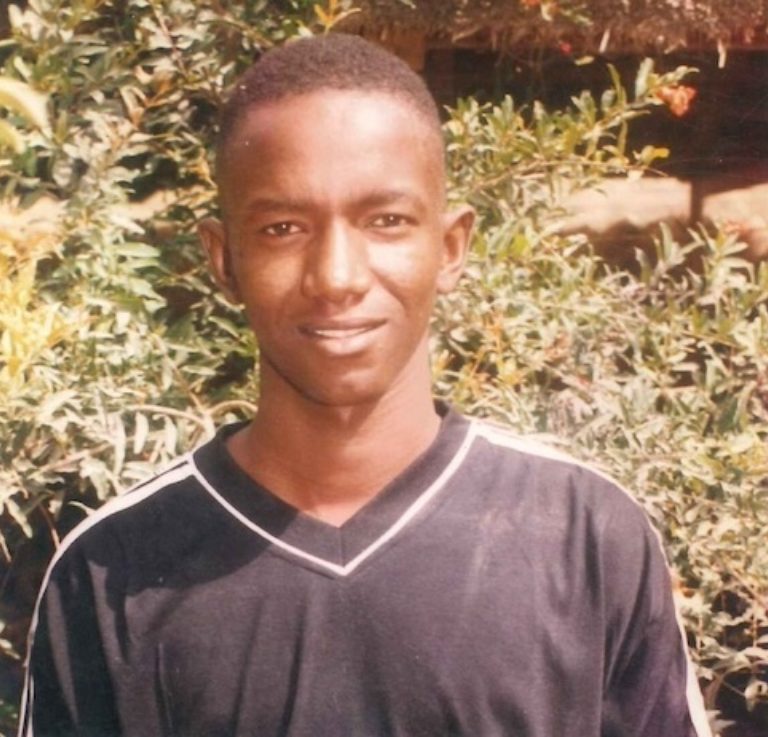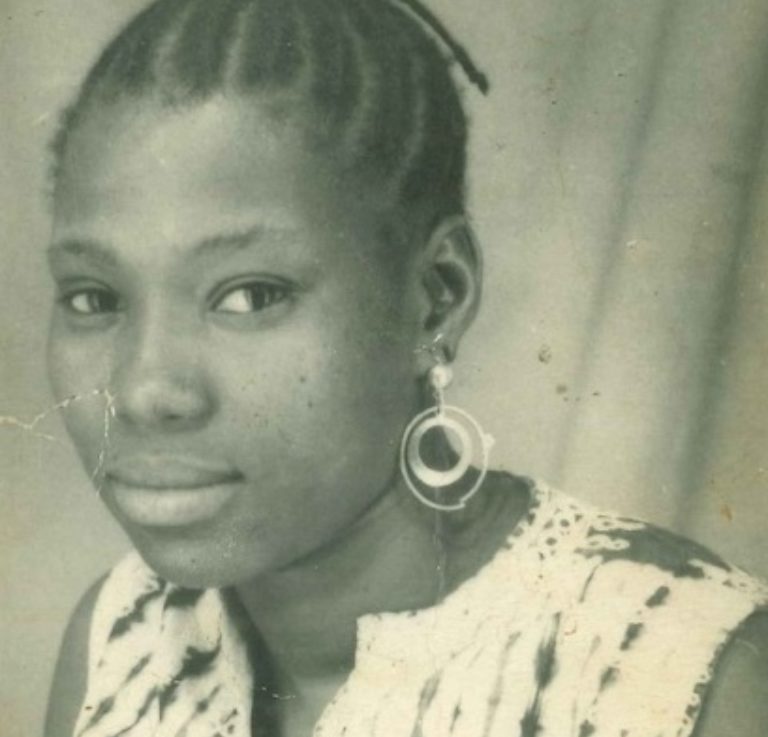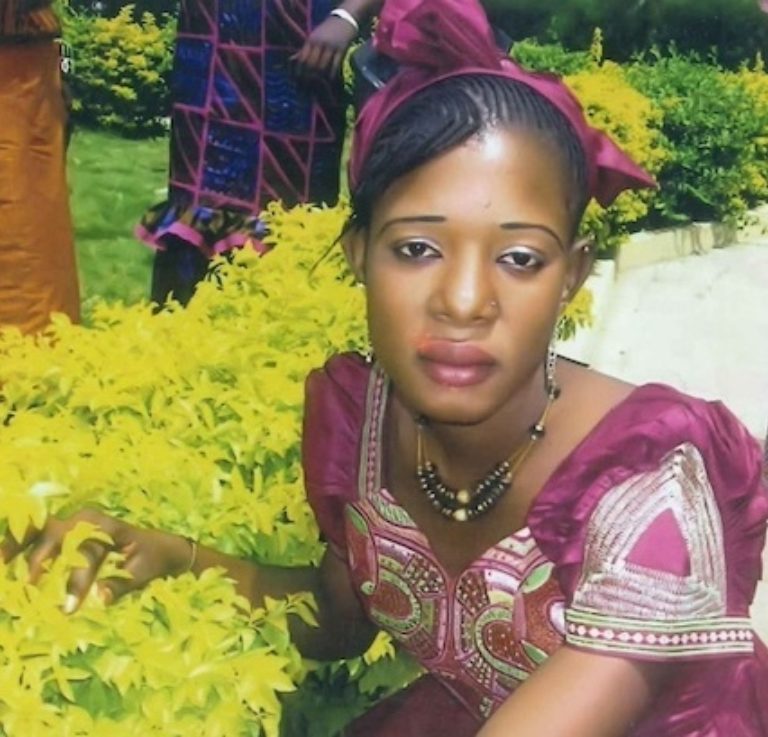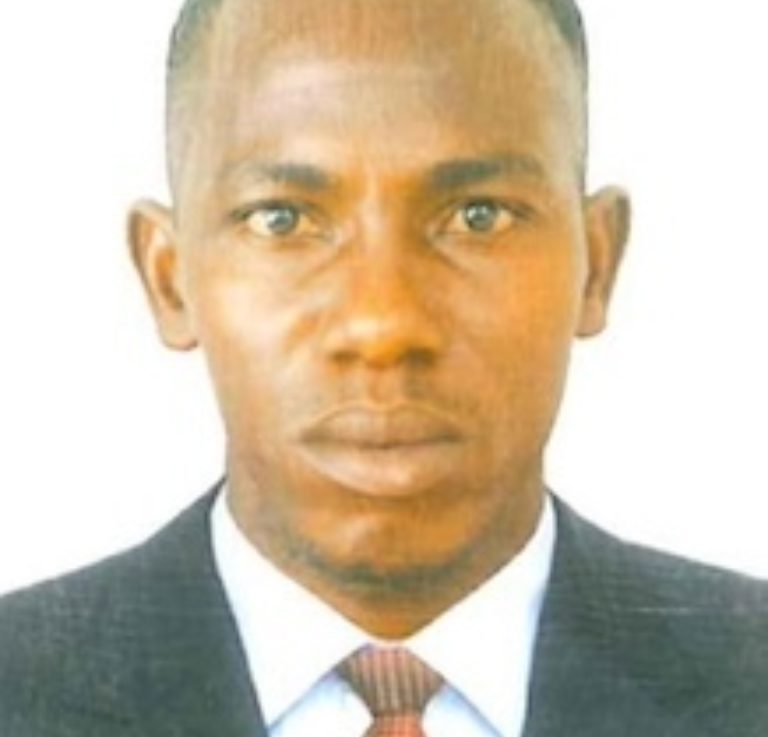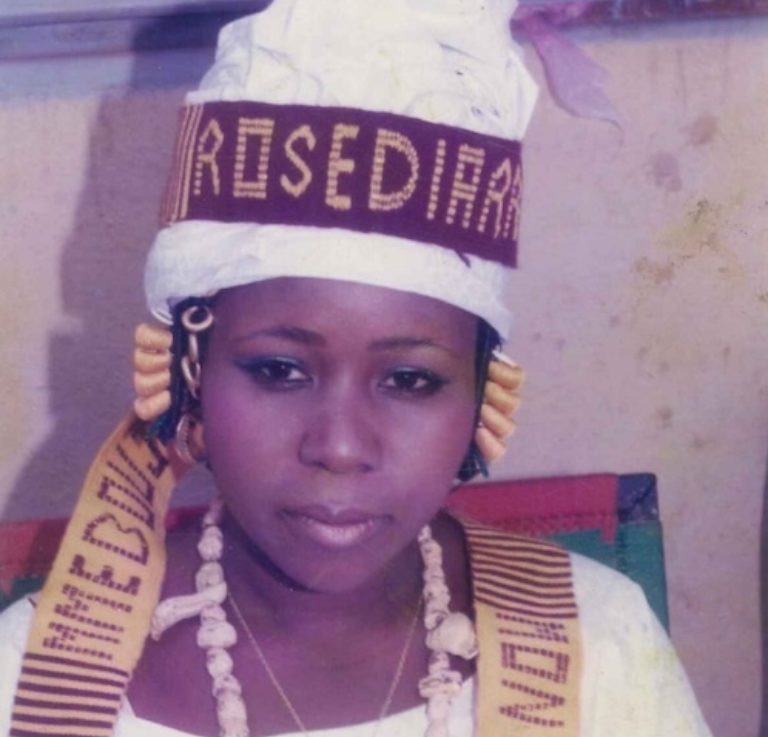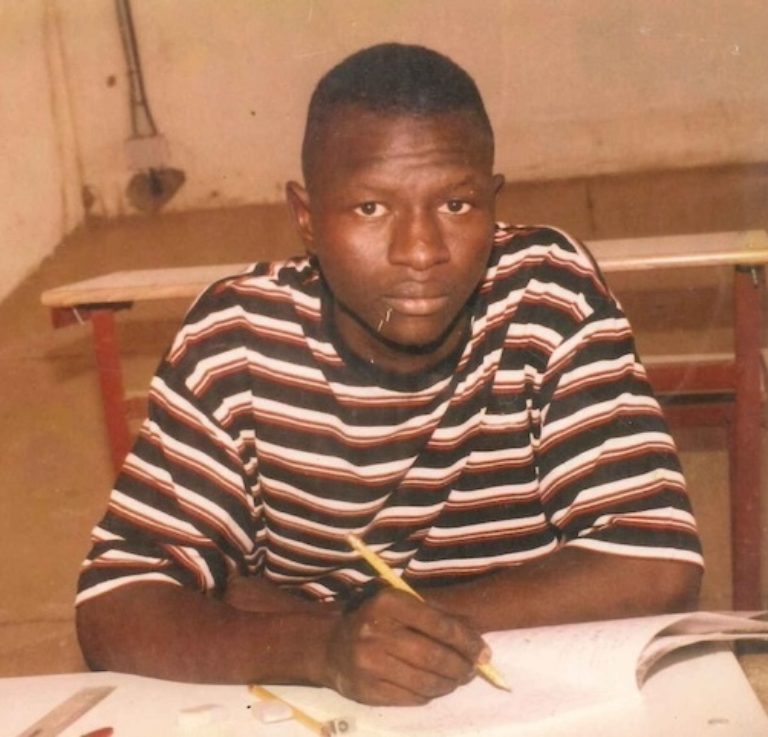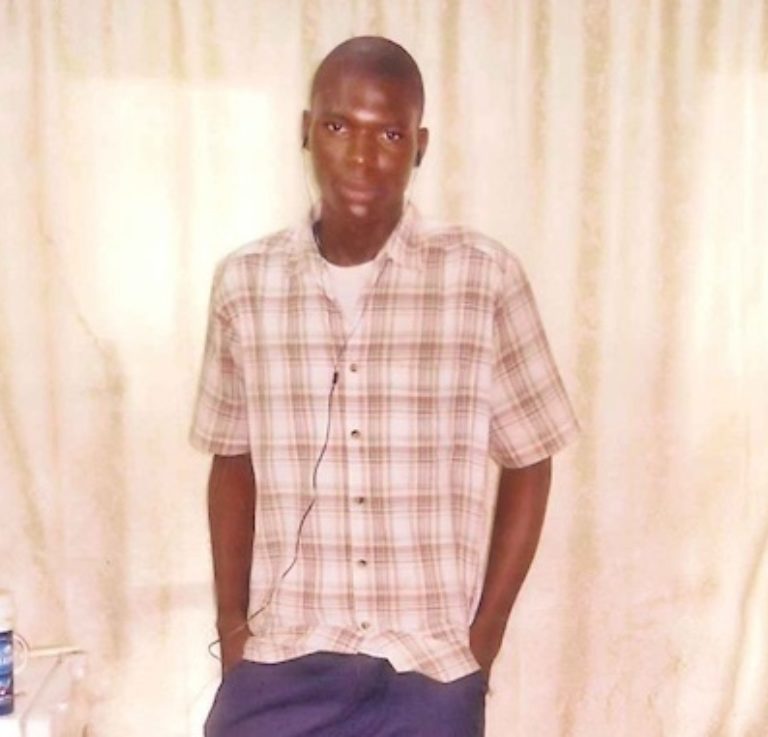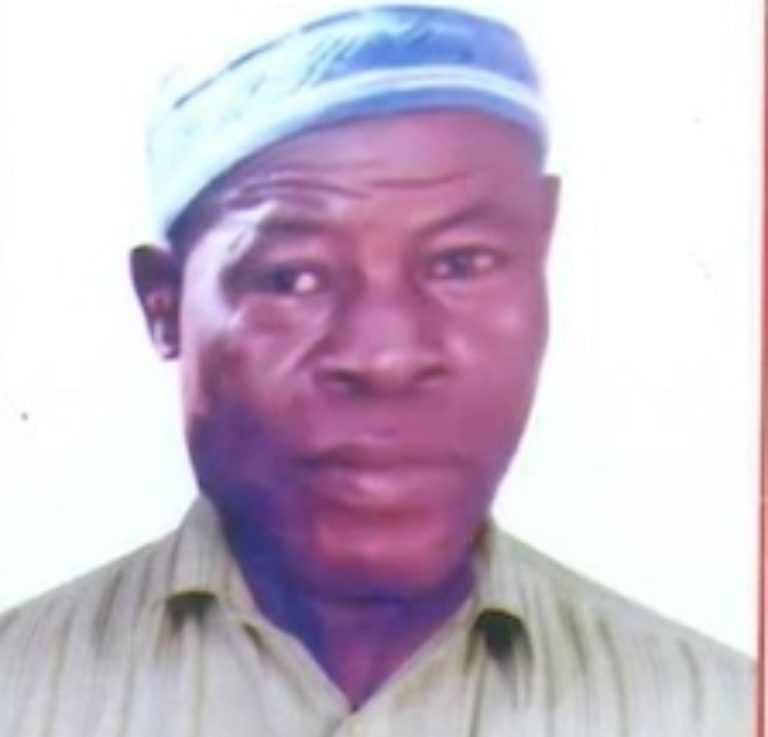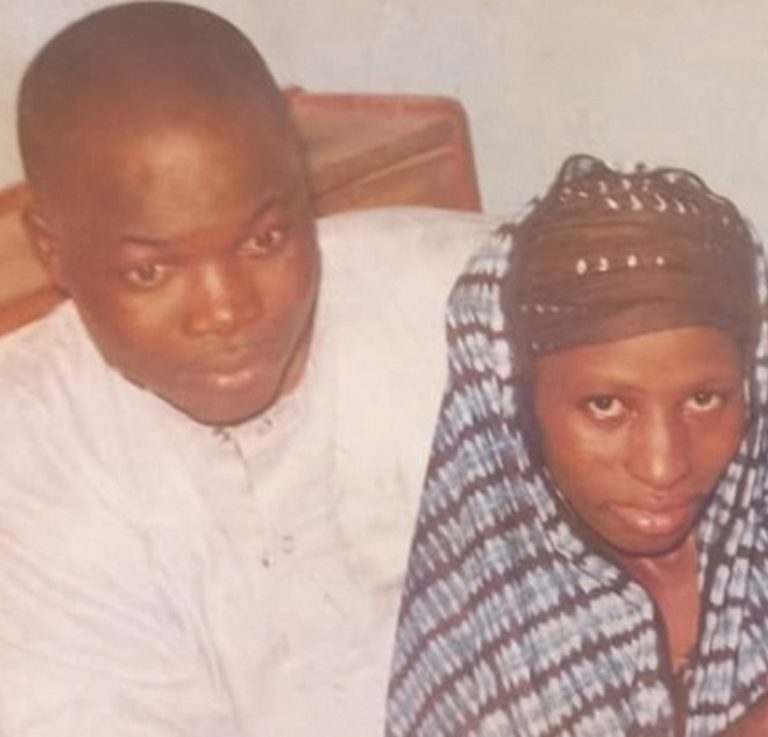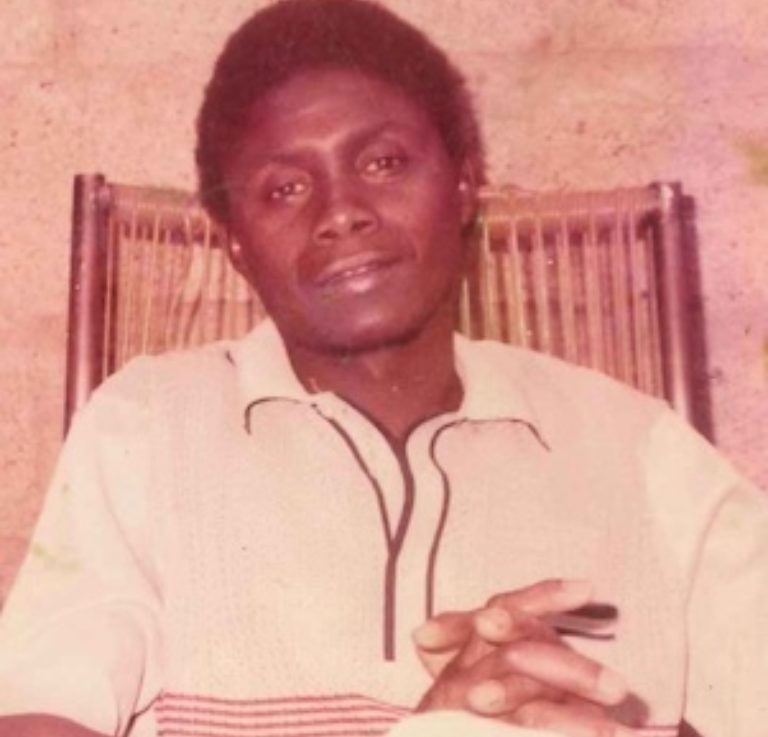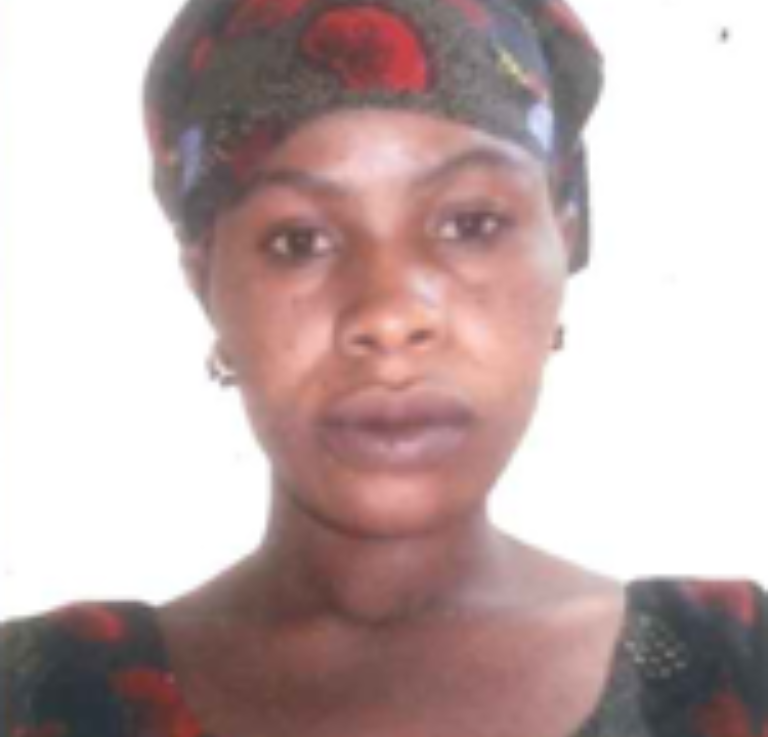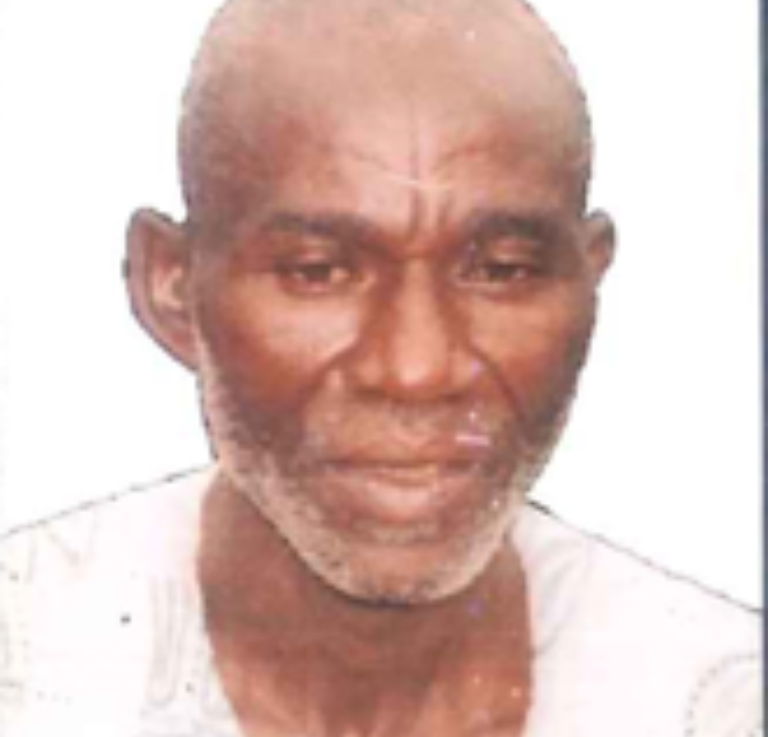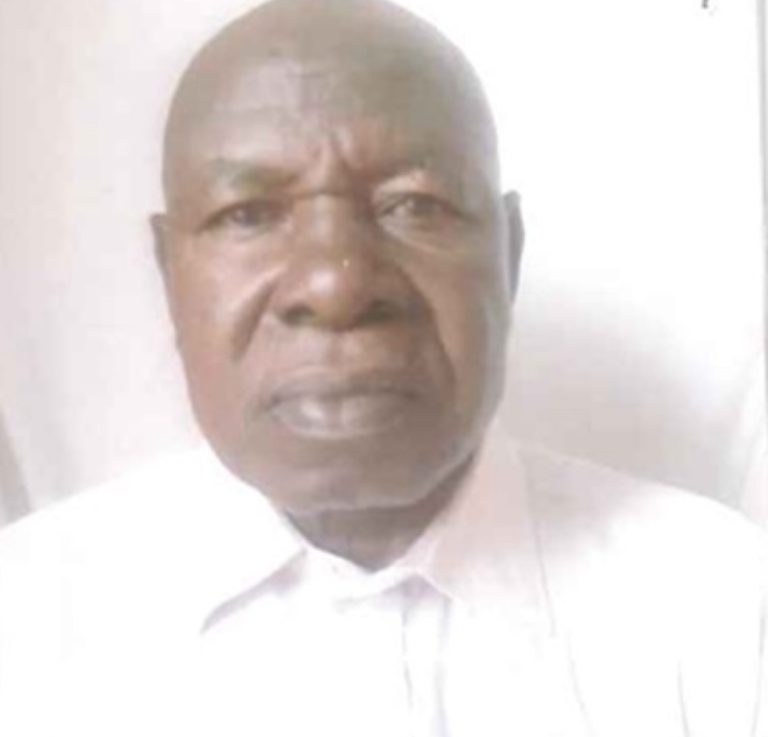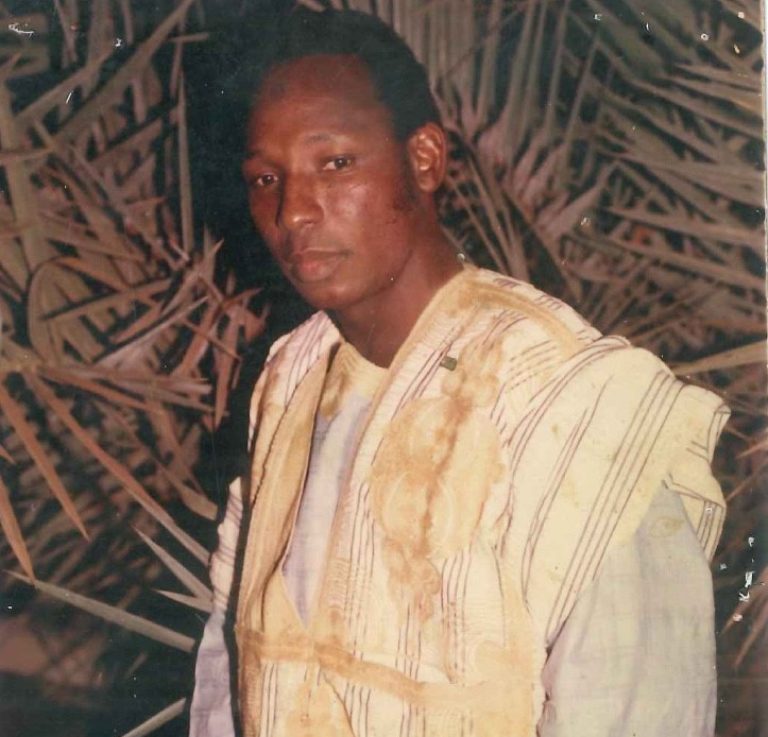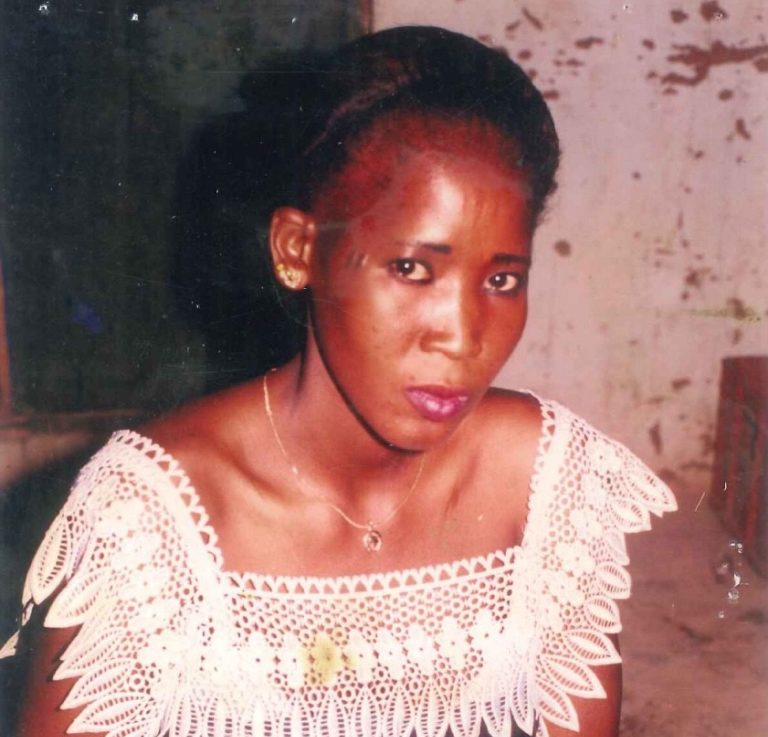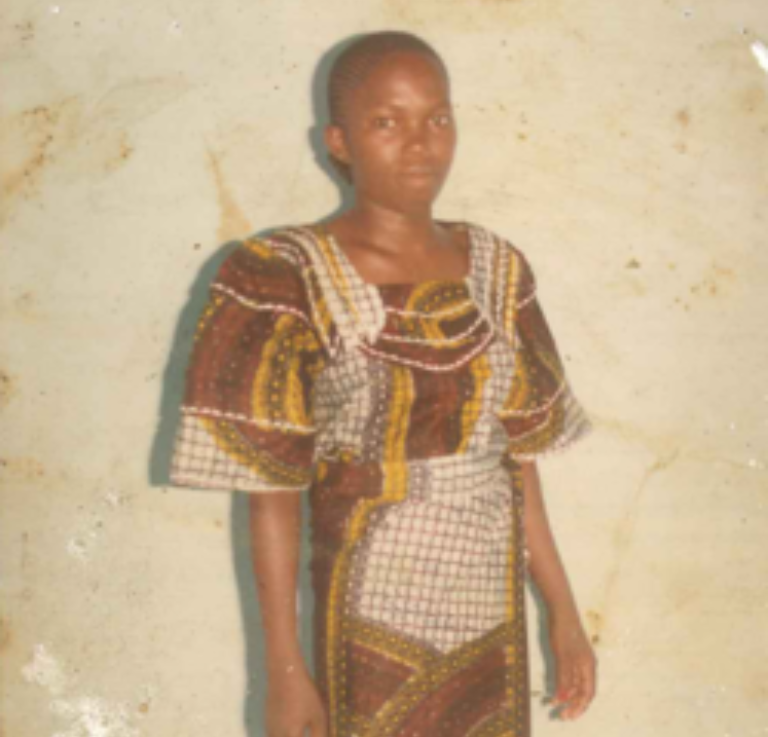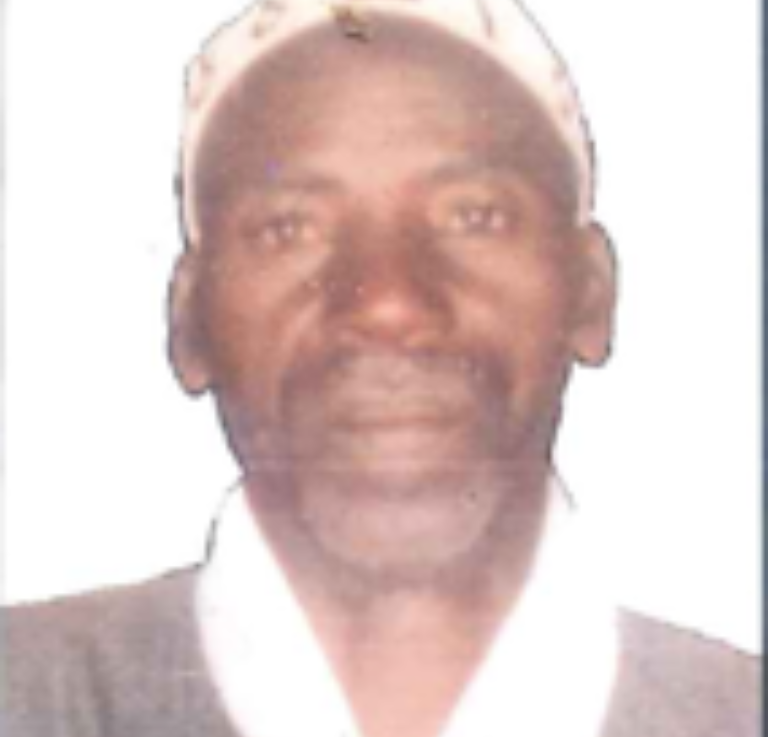
Mali
There are over 1,5 million malians migrating worldwide. The majority of them lives within Western Africa. In Europe, estimates go as far as 400 thousand units. Among them, France hosts the most numerous part (beyond 78 thousands). Pushing thousands of youngsters to flea from their homes is a wide set of factors, being those cultural, economic, environmental on top of political instability and conflicts, bringing Mali to be one of the poorest countries on the planet.
Among the young forced to migrate to Europe, a significant part lose their life in the desert, trying to reach border countries, from which to sail to Europe (Lybia, Egypt, Algeria), whilst others are missing in the Mediterranean sea. For each one of them, in their home country a family is left with no information on the fate of their beloved relative, waiting without results for years.
In this section, thanks to a project named “From testimony to protagonism: migrants’ mothers missing in the Mediterranean promoting rights and wealth.making activities in Mali and Senegal”, funded by 5 per mille of the Waldensian Church, you will find photographs of many of these missing sons and daughters.
In addition, in many cases we could not trace the date of birth of the missing persons or the exact date of their departure, as it is quite common for families in Mali to remember only the year of birth and departure of their loved ones, and not the day and month. In these cases, we have set the date as January 1, while the years, both of birth and of departure, are those given to us by their relatives.

